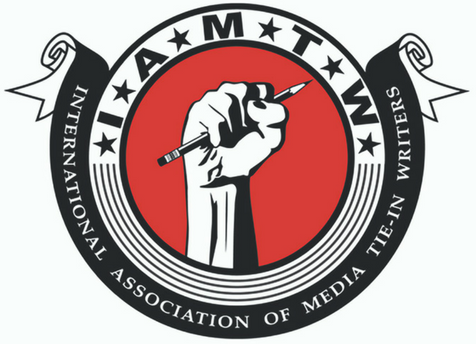The Business of Novelization & Tie-Ins Part Four: The Agents
A Question-and-Answer session with some of the top authors writing tie-ins and novelizations today (some of whom, like Keith R.A. DeCandido and Greg Cox, have also worked as editors). For their bios, please visit the About the Authors page..
QUESTION: How important is it for a tie-in writer to have an agent? What are the advantages? Do agents secure you work you wouldn’t get otherwise? Most of the tie-in work has pre-set contract terms that can’t be varied — does having an agent simply spare you having to deal with the gristly bits of publishing (contractural negotiations, chasing payments)? Are there tie-in publishers who will only employ agented scribes?
Keith R.A. DeCandido: I didn’t bother with an agent until I sold something I kept the copyright on, because then I needed somebody to manage the property, as it were. But agents don’t do as much good on tie-in work as they do original work, partly because there’s so much less to negotiate. If you already have contacts in the field (as I did when I started), an agent is even less useful. OTOH, an agent is incredibly useful as a buffer between you and the editor when dealing with issues of filthy lucre, thus enabling you to maintain a happy editorial relationship with said editor while leaving the agent to handle the tiresome mercenary shit.
Lee Goldberg: I think having an agent helps, though not necessarily when it comes to finding you tie-in and novelization gigs. You want a seasoned pro negotiating your contract and going over the deal points…especially if a one-time tie-in stretches into a long-running series.
Max Allan Collins: My agent handles all my tie-in work, because my arrangement with him is exclusive to books. Sometimes I’m the one who finds the licensing jobs, sometimes they come through my agent. But I just recently had a negotation for a tie-in on which having an agent was a significant benefit — what he got me extra more than made up for his fee. I certainly think tie-in writers are in a better position to agent themselves than most writers of fiction, who would have fools for a client if they did their own negotiations. But I prefer having representation, even if I did hustle up the job myself.
Jeff Mariotte: Ditto what Max said. It happened to me last week. A couple grand more than I would have even tried for. 99% of my deals–even for original works–have come about through my own digging, but when it comes to negotiating the contracts I’m glad to have him there.
Steve Perry: And while most tie-ins and novelizations don’t have much wiggle room on the money, sometimes they do, and a good agent can, now and again, get the book house to give you a little more than you’d get on your own. Several times my agent has come back with an extra bit I wouldn’t have tried to get. In one case, she negotiated a deal that was worth five times her percentage, and it another, got me a extra point on the royalties that allowed me to earn out with half the sales on the original offer.
There are also nasty little clauses in some contracts you might not notice that your agent will sometimes be able to modify in your favor. And sometimes they can get piece of foreign rights or other sales for you, even on a tie-in.
For original material, there are houses that won’t read unagented mss, unless you have a personal relationship with an editor there. Yep, fifteen percent of your money goes to them, but my agent has earned that every time. Kind of like having a CPA do your taxes. If they are simple, you can do them yourself. If they get complicated — my tax forms look like a magazine — then the CPA saves me more than he costs.
